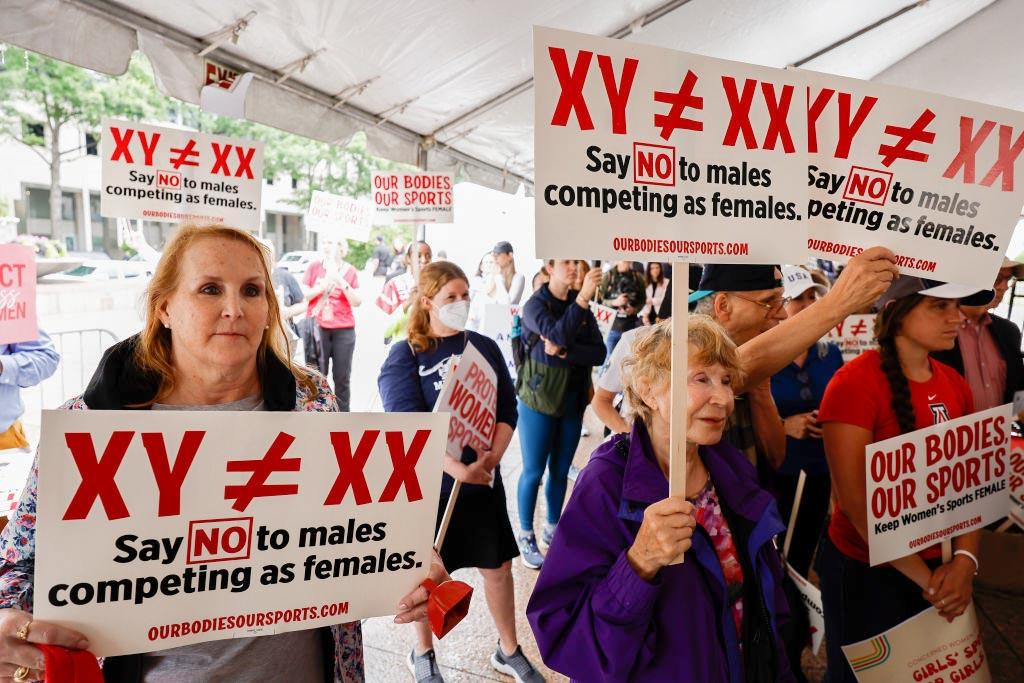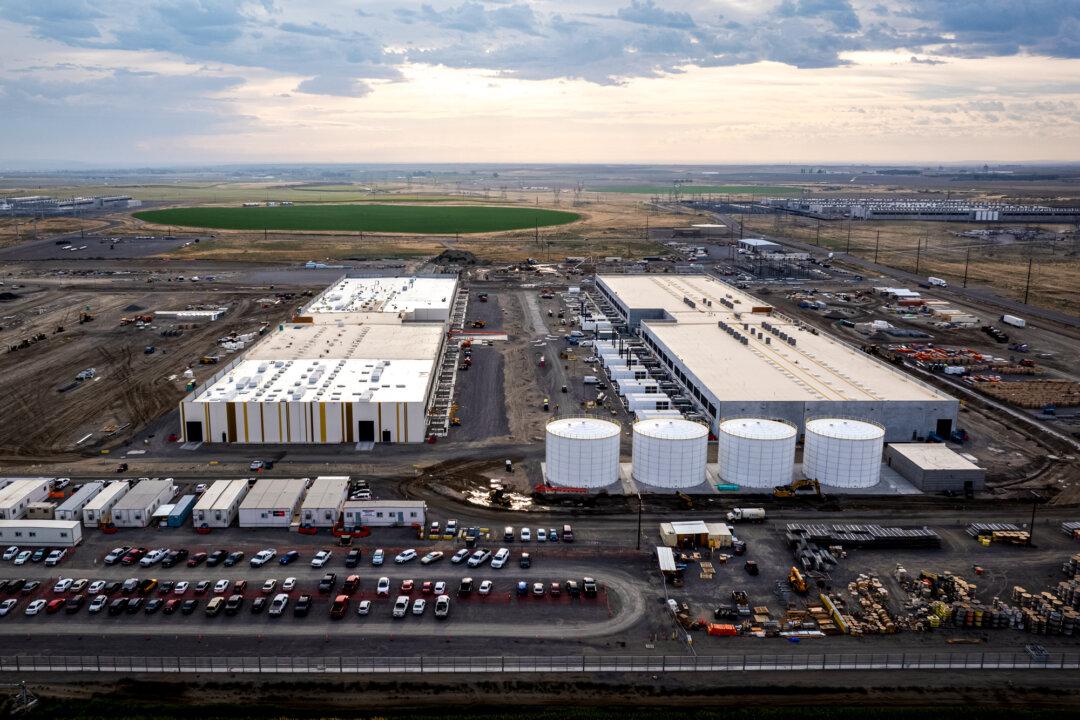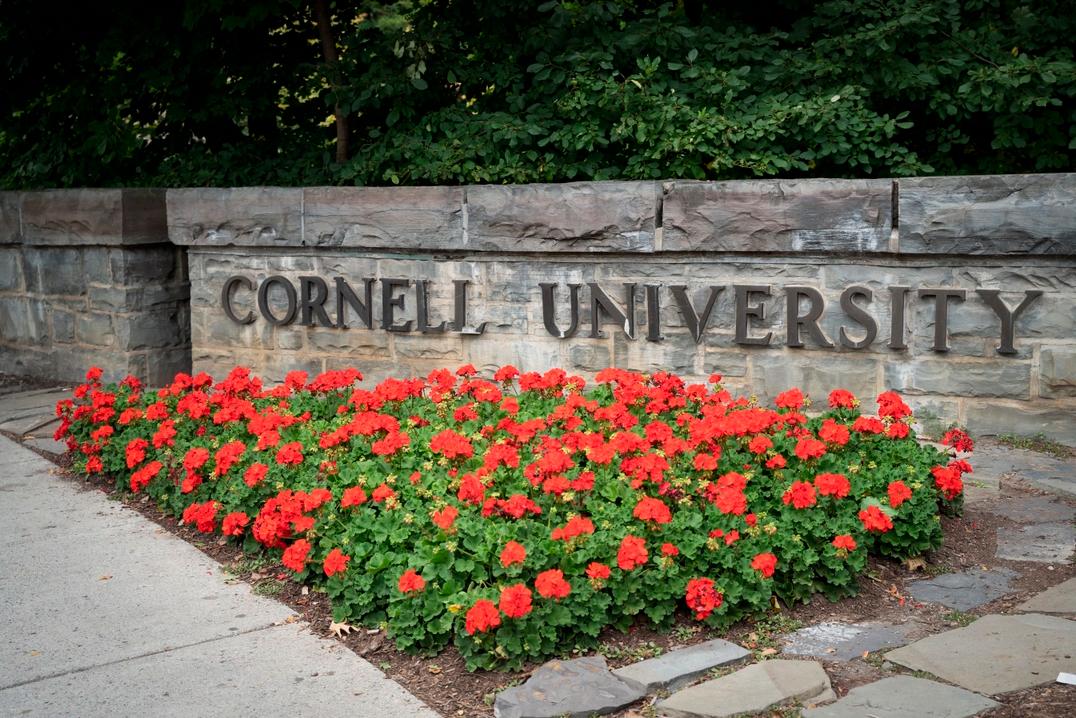After more than two years of debate, the City Council of Eugene, Oregon, voted on Feb. 6 to ban natural gas hookups in new residential construction, becoming the state’s first city to prohibit new homes from using gas furnaces, water heaters, or appliances.
During a closed meeting, the council first decided to deny a request by opponents to put the issue on the May ballot. According to DHM Research, 70 percent of those surveyed oppose the ban.





